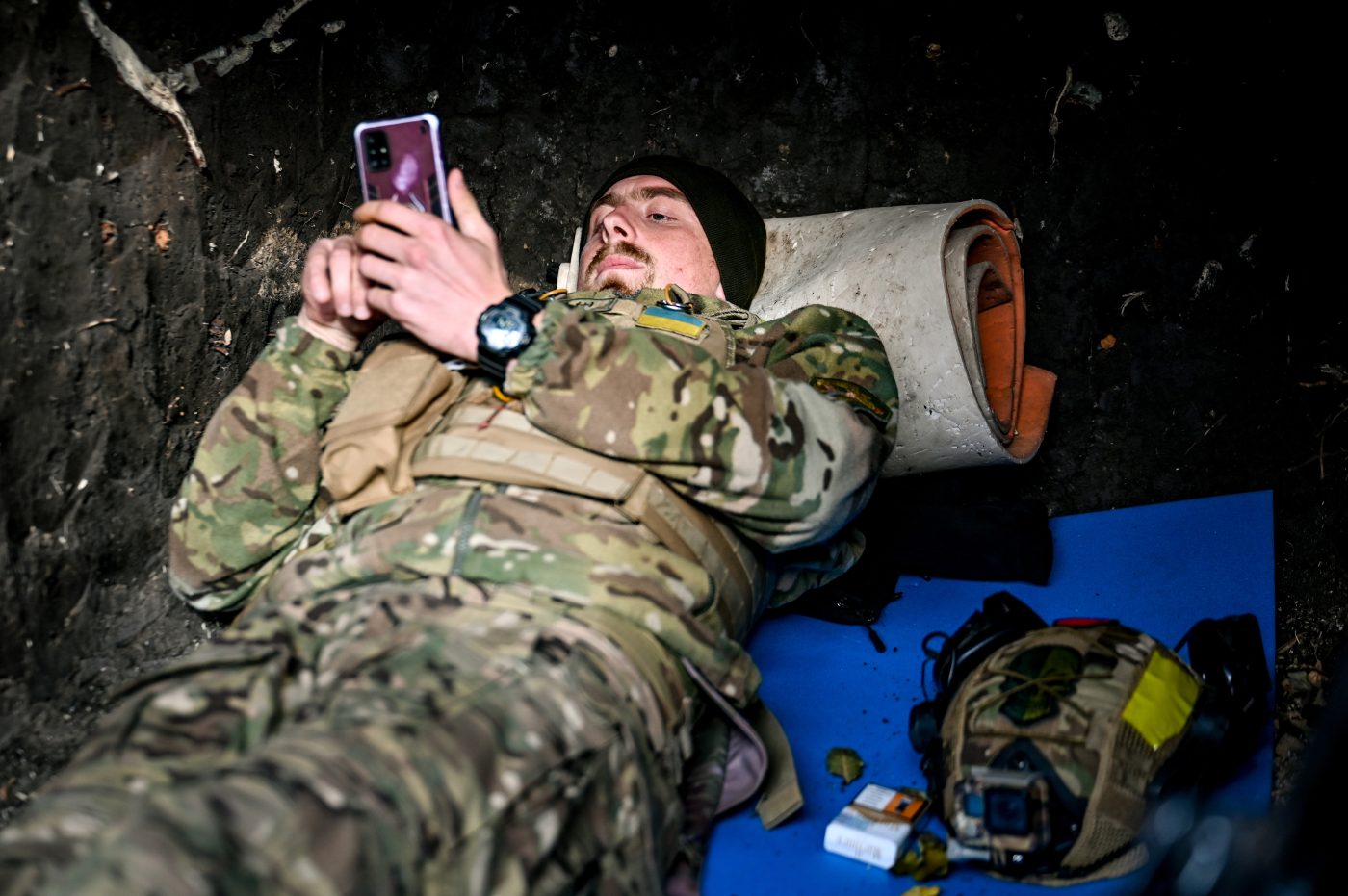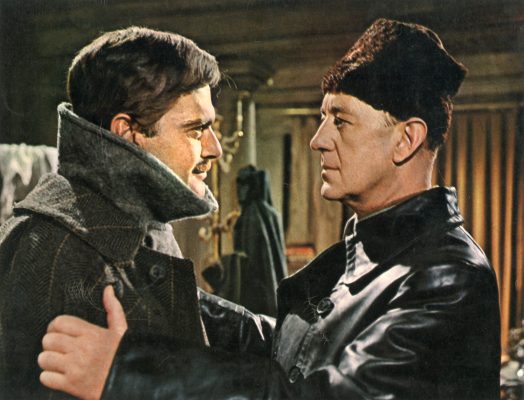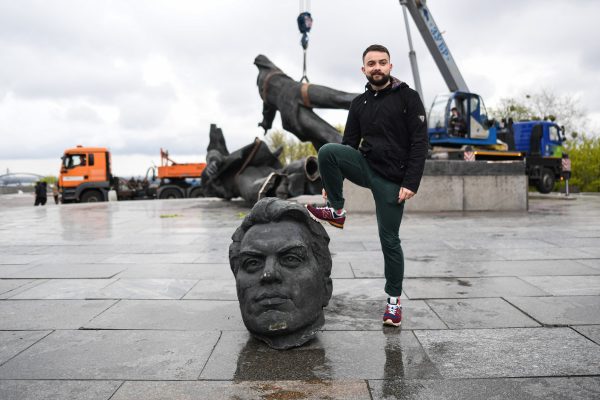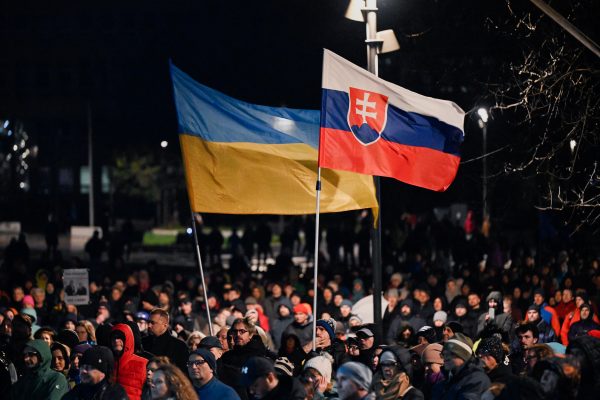War and addiction go together like bread and cheese. Through the ages, frontline soldiers have used illicit drugs, alcohol, tobacco, and almost anything else they can lay hands on to ease life in the combat zone. Now there is a new and pernicious addition available to Ukrainian troops — online gambling using smartphones.
There are no official statistics on the problem but it’s considerable, and worrying enough to spark widespread demands for government action against an industry that is not just unregulated but also plagued by tax evasion.
Many of the complaints have come from soldiers themselves. On March 29, one soldier’s petition to limit the work of Ukrainian online casinos gathered the necessary 25,000 votes in just a few hours.
In another case, this author verified the story of a military medic called Kostiantyn who asked for donations on his social media page. According to an investigation by his comrades, he spent at least $50,000 on gambling instead of buying ammunition, as he had promised.
Ukrainian MP Olexiy Goncharenko has meanwhile published dozens of anonymous messages from soldiers and their relatives about those who have gotten into trouble with gambling. The MP says the addiction not only ruins the lives of soldiers but also their relationships with their families.
President Zelenskyy has responded, promising to create an ad hoc group to tackle this issue, although it is not yet clear when proposals might take effect.
The problem dates back to 2020, just a year after the elections, when parliament legalized casinos and slot machines, which had been banned for the preceding 11 years. Much of the parliamentary support came from the President’s party, which has a libertarian outlook.
The decision has been a failure on several counts. Firstly, the special committee in charge of gambling regulation had to be disbanded after a corruption scandal involving its head.
On April 4, a parliamentary — or Rada — committee accepted new regulations that banned the use of celebrities, athletes, doctors, and soldiers (or those who look or are dressed like them) to advertise online casinos. Advertisements on public transport, the printed press, and public events will also be forbidden. The full list of restrictions is comprehensive and should reduce the ads considerably.
The committee also proposes to limit gambling access for military personnel. The government may later make this an outright ban, if necessary. This system would in some ways mirror existing prohibitions on alcohol consumption near the frontline.
Exactly when this might happen is unclear. The Rada needs to approve it but it is not yet on the agenda, which, according to the Ukrainian MP Yaroslav Zhelezniak, contradicts the government’s promises to tackle the issue as soon as possible.
Ludomania, to give gambling addiction its official name, is far from the only problem. Indebted and desperate soldiers are easy targets for Russian intelligence agencies.
Yurii Gudimenko, a Ukrainian politician and veteran, has pointed this out and hinted that, as a soldier, he is well-acquainted with cases where this happened.
He also said it can result in military equipment being pawned, and notes the acidic effect is has on trust within military units.
Gambling companies have done very well in the unregulated market and have done everything possible to portray themselves as good corporate citizens. Some have organized public relations campaigns showing their development of drones and purchases of military equipment, and have collaborated with celebrities and media.
Some of the most popular online casinos exploit military themes in their ads, focusing on aid for the Ukrainian army and other patriotic good deeds.
There are questions as to whether the companies are actually good citizens. Cosmolot, one of the biggest gambling companies, claims it has donated approximately $3.3m to the army since the beginning of the full-scale war. The company is now under investigation for evading $17.5m in tax. It denies the charges. According to an official tax office report, tax frauds amounting to 52bn hryvnias ($1.3bn) were discovered during gambling company accounting inspections.
This is a big industry and it can be expected that it will seek to find loopholes in the new law once it is passed. The authorities will need to keep a close watch.
More broadly, Ukraine may once again be leading where others have to follow. The online habits of peacetime can do serious damage to a country engaged in a war of survival; Western militaries would do well to consider the issue ahead of time.
Mykyta Vorobiov is a Ukrainian political adviser, journalist, and political science student at Bard College Berlin. For the last two years, he has been developing articles on politics and law for CEPA, VoxEurop, JURIST, and others.
Europe’s Edge is CEPA’s online journal covering critical topics on the foreign policy docket across Europe and North America. All opinions are those of the author and do not necessarily represent the position or views of the institutions they represent or the Center for European Policy Analysis.





